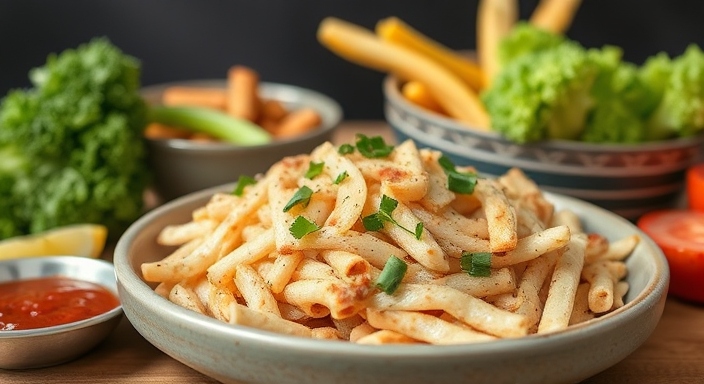No title
What You Should Know About the Butterball Turkey Recall and How You Can Handle Similar Situations with Any Food
Food recalls can be alarming, especially when they involve trusted brands like Butterball. Knowing how to respond to such situations is crucial for ensuring the safety of your family and understanding how to handle recalls for any food item effectively. Here’s what you need to know about the Butterball turkey recall and how to manage recalls in general.
Understanding the Butterball Turkey Recall
The Butterball turkey recall is a precautionary measure taken by the company to protect consumers from potential health risks, such as contamination or mislabeling. Here are key points:
- Reason for Recall: Food recalls often occur due to contamination with bacteria (e.g., salmonella or listeria), undeclared allergens, or foreign objects found in the product.
- Affected Products: Check the recall notice for specific product details, including batch codes, expiration dates, and packaging information.
- Health Risks: Contaminated turkey can cause foodborne illnesses, leading to symptoms like nausea, diarrhea, or fever.
Steps to Handle the Recall
If you’ve purchased a recalled Butterball turkey, here’s what you should do:
- Check Your Purchase: Verify the batch number and details on your turkey against the recall notice.
- Stop Using the Product: Avoid consuming the recalled product to prevent potential health risks.
- Dispose or Return: Follow the company's guidance—either return the product to the store for a refund or safely dispose of it.
- Monitor for Symptoms: If anyone in your household has consumed the turkey, watch for symptoms of illness and seek medical attention if needed.
How to Handle Recalls for Any Food Product
Food recalls aren’t limited to turkey; they can happen with any product. Here’s a general guide to stay prepared and act quickly:
Stay Informed
- Sign up for alerts from organizations like the FDA or USDA, which regularly publish recall notices.
- Follow the brand’s official channels for updates.
Inspect Your Groceries
- Keep receipts for food purchases to make tracking products easier.
- Always check labels, batch numbers, and expiration dates after hearing about a recall.
Practice Proper Food Safety
- Store and prepare food at the right temperatures to minimize risks from contamination.
- Cook food to the recommended internal temperature to kill harmful bacteria.
Know Your Rights
- Most stores and manufacturers offer full refunds or replacements for recalled items.
- If you’ve been affected by a foodborne illness, consider consulting a lawyer for potential compensation.
Prevention and Preparedness
To protect yourself and your family from food safety risks, take these proactive steps:
- Buy Smart: Purchase from reputable stores and check for freshness before buying.
- Stay Organized: Label and organize food at home so you can quickly identify recalled items.
- Educate Yourself: Learn about common food safety practices, like proper refrigeration and cross-contamination prevention.
Food recalls, like the recent Butterball turkey recall, can be unsettling, but knowing how to respond ensures your safety. By staying informed and prepared, you can confidently handle recalls for any food product while keeping your loved ones safe and healthy.


